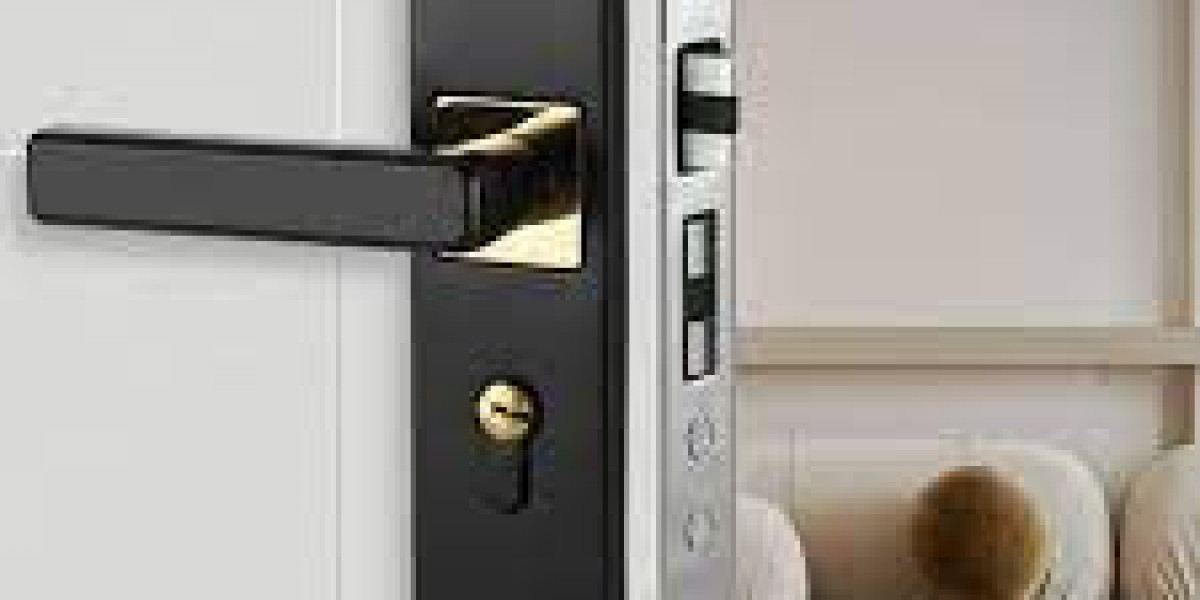Here are some essential tips for maintaining your residential locks for long-lasting security.
1. Regular Cleaning
Keep it Free from Dirt and Debris: Over time, locks can accumulate dust, dirt, and grime that can hinder their functionality. Clean the exterior of your locks regularly with a soft cloth to remove any visible debris. For stubborn dirt, a cloth lightly dampened with water can help, but avoid excessive moisture.
Use Compressed Air: For more thorough cleaning, use a can of compressed air to blow out dust and debris from the keyhole and other crevices. This will help prevent buildup that can cause sticking or jamming.
2. Lubrication
Choose the Right Lubricant: Proper lubrication is vital for keeping locks functioning well. Avoid using oil-based products that can attract dust and dirt. Instead, opt for graphite powder or a silicone-based lubricant, which will not leave a sticky residue and will effectively reduce friction.
Apply Lubricant Sparingly: Occasionally, apply a small amount of graphite powder or silicone lubricant directly into the keyhole and on the moving parts of the lock. Insert your key into the lock to distribute the lubricant evenly. Do this about once or twice a year or whenever you notice the lock becoming stiff.
3. Inspect for Damage
Check for Wear and Tear: Regularly inspect your locks for any signs of damage or wear. Look for loose screws, corrosion, or any misalignment that may prevent the lock from functioning correctly. If you notice any issues, address them promptly to avoid further damage.
Test the Lock Functionality: Periodically test the locking mechanism by using the key multiple times. Ensure that the key turns smoothly without resistance, and that the lock engages and disengages properly. If you encounter problems, consider having the lock repaired or replaced.
4. Secure Your Keys
Limit Key Copies: Be cautious about how many copies of your keys you distribute. Each key that is given out increases the risk of unauthorized access. Limit the number of copies and keep a record of who has a copy.
Use a Key Tracking System: If you have multiple keys for different locks in your home, consider using a key tracking system to keep an organized record. This can help you remember who has keys and when they were given out.
5. Upgrade to High-Security Locks
Consider High-Security Options: If you want an additional level of security, consider upgrading your locks to high-security options. These locks often have advanced features that make them more resistant to picking, bumping, and drilling.
Consult a Professional: When thinking about upgrading your locks, seek the advice of a locksmith or security professional. They can assess your current security levels and recommend the best options for your home.
6. Protect External Locks from the Elements
Use Weather Strips: If your locks are exposed to the elements, use weather strips to minimize water and moisture exposure. This can prevent rust and corrosion, extending the lifespan of your locks.
Install Protective Covers: For locks exposed to harsh weather, consider installing protective covers. These can shield the lock from rain, snow, and extreme temperatures, which can compromise their effectiveness over time.
7. Rekey When Necessary
Rekey After Moving In: If you’ve just moved into a new home, it’s wise to rekey all the exterior locks. This ensures that no previous owners or others have access to your home.
Rekey After Key Loss: If you ever lose a key or suspect that someone unauthorized may have access to your keys, rekey the locks immediately. This is a cost-effective way to enhance security without replacing the entire lock.
8. Seek Professional Maintenance
Hire a Locksmith for Regular Maintenance: To ensure your locks are in top condition, consider hiring a professional locksmith for routine maintenance checks. A locksmith can not only clean and lubricate your locks but also provide expert advice on enhancing your home’s security.
Have Locks Replaced as Needed: If your locks are old or damaged beyond repair, don’t hesitate to have them replaced. Investing in high-quality locks will provide better security and enhance peace of mind.
Conclusion
Maintaining your residential locks is an essential step in safeguarding your home. By following these tips on regular cleaning, lubrication, inspections, and upgrades, you can ensure your locks remain secure and functional for years to come. Remember, a well-maintained lock not only protects your home but also gives you peace of mind, knowing you’ve done your part to keep your sanctuary safe.









